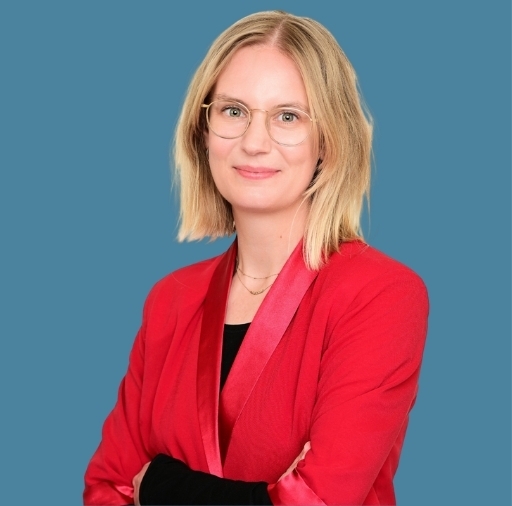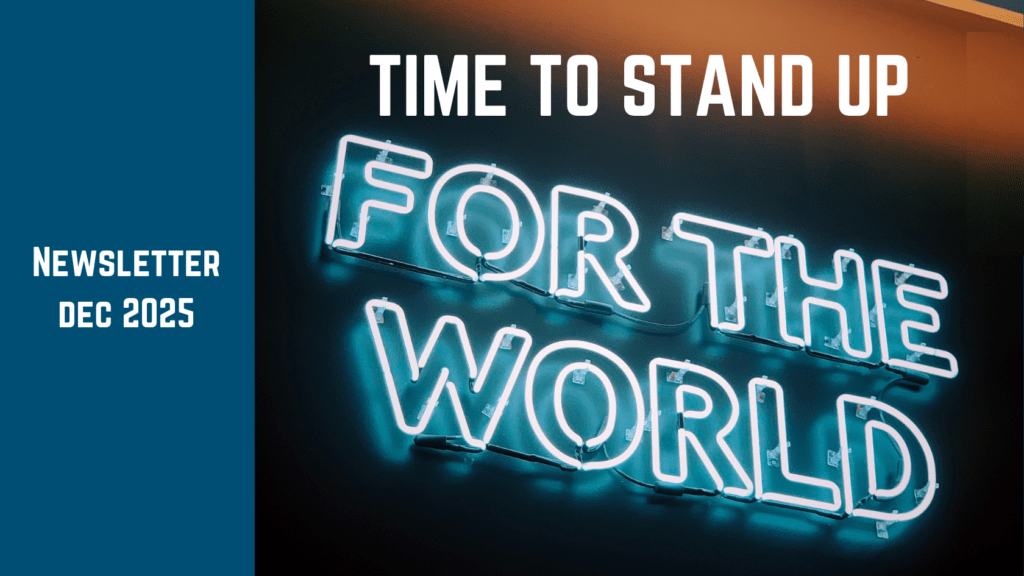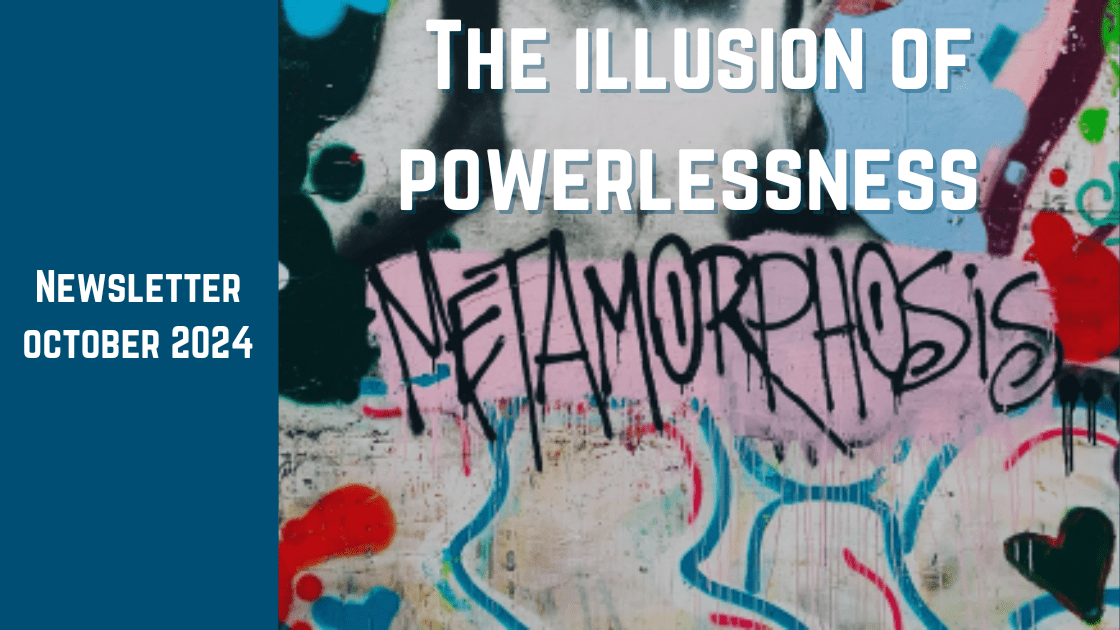
#The illusion of powerlessness
What is a systems thinker doing in the business of behavioral change? Over the last few years, months, and weeks, I’ve found myself reflecting on this question. Partially because I feel restless, because the shifts we need are huge, and because I am driven by a deep love and belief in that change is possible.
Just last week, we wrapped up a leadership program where we guided 27 leaders from 14 countries through some of the most pressing sustainability challenges within their value chain. These leaders tackled real-world business cases, where they explored how to produce circular feed on a large scale without using hormones or antibiotics. One participant, reflecting on the eight-month journey, said, “You changed my life, because I now believe that it is possible”. That reinforced my belief and that of the group.
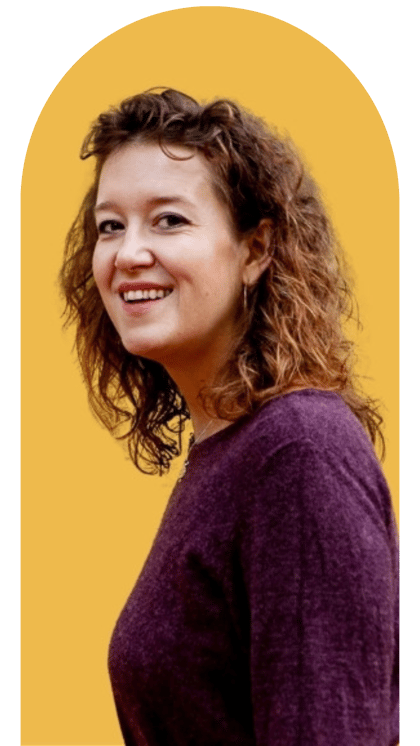
From the transition research, we know there are three key levers for driving change: technology, policy, and behavior. While policy tends to be overestimated, because we assume that it will be implemented (which can be also comforting) —behavior is frequently underestimated, due to the belief that it cannot be influenced. A phenomenon Jan Rotmans calls ‘The illusion of powerlessness’.
Our mission is to help break down this illusion, enabling people and organizations to act boldly and sustainably. When people understand their power and start changing their behaviors—often with just a nudge or a small shift in mindset—the ripple effect can be enormous, especially in collaborative chains.
For 21 years, Better Future always focused on people choosing courage over convenience, and sustainability over short-term cost. In recent years, we applied a systems lens to our programs, engaging the entire value chain. By connecting suppliers with customers to collaborate on shared challenges, we aim to ignite belief and demonstrate through real examples that change is possible!
The illusion of powerlessness is a crippling one. Wanna get rid of it? Contact me via daria@better-future.com!
#Changing the Narrative
Univé x Amref Malawi
Huddled together we’re standing at a crossroads of hallways in the District Hospital in Salima, in central Malawi. I smell the scent of life and death, alternating. To my left, I hear women giving birth, and to my right, I see women recovering, gazing lovingly at their newborns. We are standing in the way, trying not to obstruct nurses doing their job, while taking everything in, intensely.
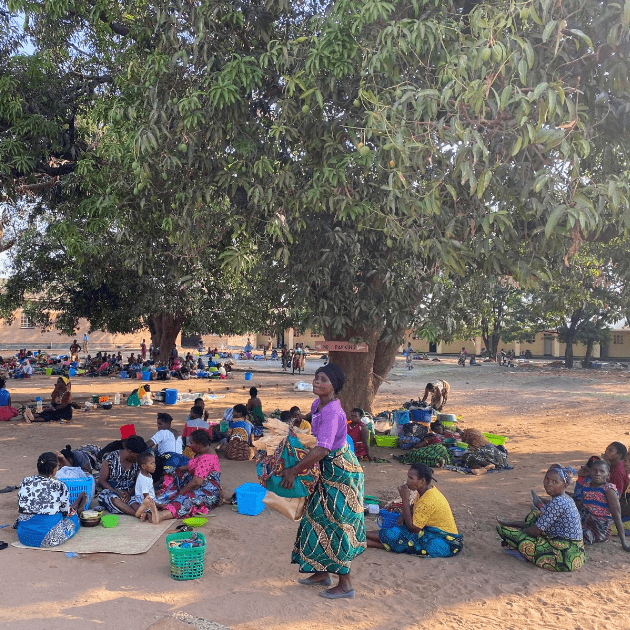
The next morning, we visit a mobile clinic run by Amref, where intrauterine devices (IUDs) are being placed, condoms are available, and cervical cancer screenings are conducted. Outside, a scale hangs from a tree where babies are being weighed. So many women and babies, colourfully dressed are sitting, lying, and waiting on the square in front of the hospital. Why is there just one device to measure blood pressure, crucial to detect Pre-eclampsia? Cost of one device: $25.
Six amazing leaders of Univé and the Senior Management team of Amref Malawi took a leap of faith traveling all the way over to Salima, Malawi, to develop their leadership capacity while collaboratively tackling some of the biggest strategic challenges Amref Malawi. Together, they worked towards creating more and better healthcare in a system that is broken. In conversations we discussed how we also need to be brave to mend our broken systems, in the Netherlands, very close to home. For the people of Univé it was clear: every organization has a responsibility, every person has a mission. True change demands that we confront these realities with open hearts and minds.
This collaboration made clear to me again that we need to have real dialogues, where people are touched and activated, where clients become humans with a face and a name, and systems become stories, in which we have a possibility to influence its narrative.
Written by: Annemarie de Jong
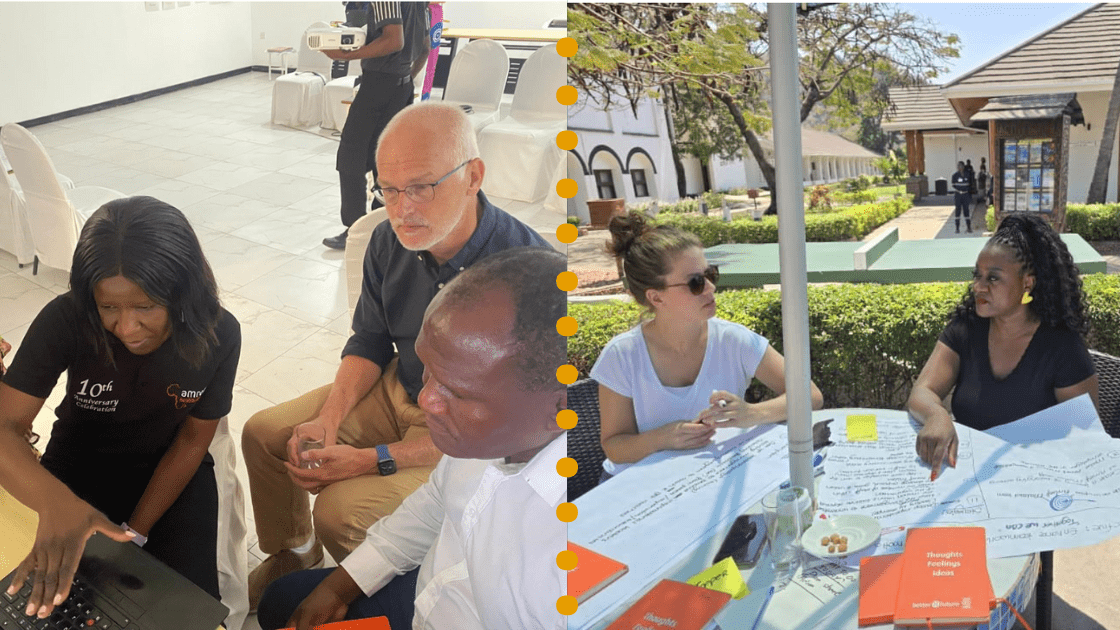
The Change Happens Podcast by Jenelle McMaster offers a deep dive into the human side of change, exploring how leaders can drive and adapt to change effectively within their organizations and beyond.
In this episode, listeners are invited to explore the journey of Ronni Kahn, a renowned change maker, as she shares her inspiring story of social entrepreneurship and her commitment to tackling food waste and hunger, demonstrating the powerful impact of passion-driven change.
We don’t just need better laws — we need better culture. Nate Garvis asks: What can we do to create an environment in which powerful institutions are used for the common good?
Wharton psychologist Adam Grant offers bold ideas and rigorous evidence to show how we can embrace the joy of being wrong, encourage others to rethink topics as wide-ranging as abortion and climate change, and build schools, workplaces, and communities of lifelong learners.
